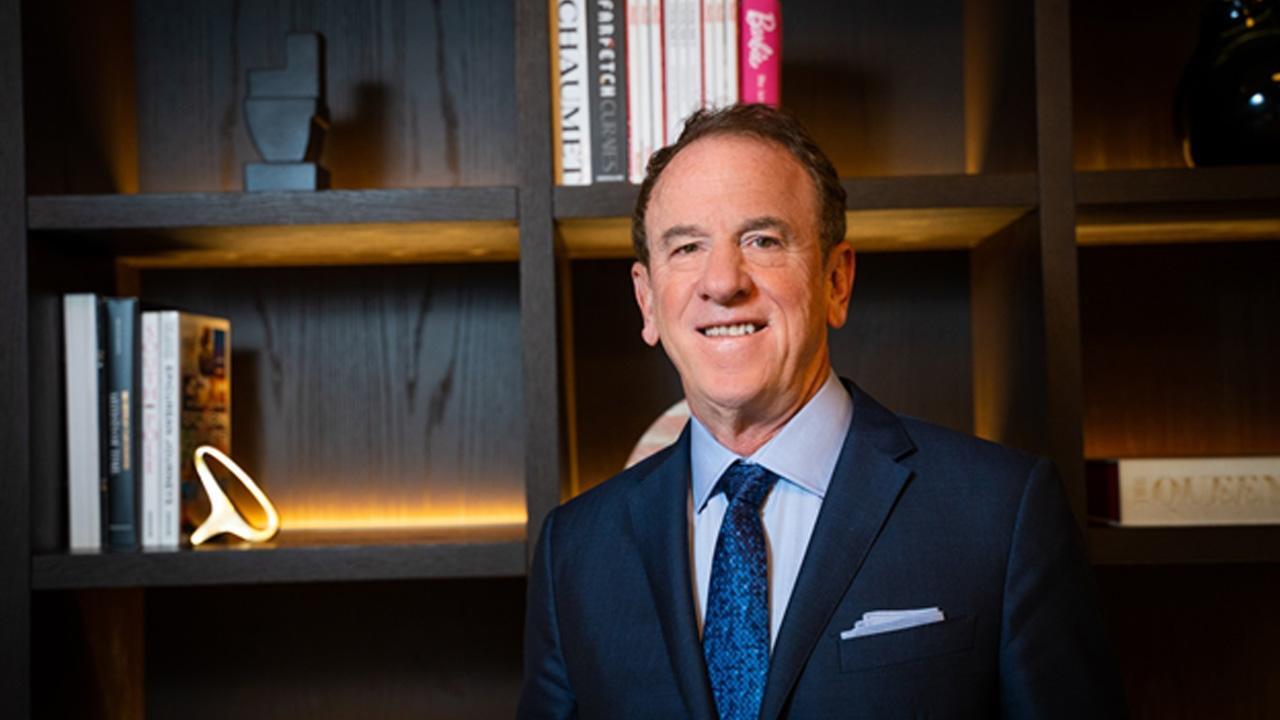Global law firm Quinn Emanuel Urquhart & Sullivan is a lawyer’s dream come true.

The litigation-only firm has grown from its Los Angeles headquarters into an expansive international practice, employing more than 1000 lawyers in 32 offices in eleven countries worldwide.
ADVERTISEMENT
But when chairman and co-founder John B. Quinn asked about what strategy drove the firm’s global expansion, his answer is surprisingly straightforward: “We never really had a business plan; we’ve just been opportunistic. We kept our eyes open for opportunities and seized them when they arose. It turns out there are opportunities all over the world”.
By following this simple ethos, Quinn Emanuel has become a legal force to be reckoned with. Quinn elaborates, “it’s great to have a goal or plan to grow your business, but ultimately it’s limiting. I think many lawyers look at other models for success and try to replicate them, but that ensures you’re just doing more of the same. We don’t evaluate success on how many offices we open or what we earn, but rather on how we perform: are our clients satisfied? Have we attained great results? This has driven our growth.”
He reflects, “By remaining open to opportunities and simply following our own strategy of doing whatever we could to meet our client’s needs best, we’ve grown into something greater than any of my four co-founders could have imagined in 1986. If we had identified what success ‘looked like’ back then, we might have never grown past our Los Angeles headquarters. Even today, I am still looking for new opportunities for the firm to expand. There’s always a new opportunity somewhere, so long as you are open to noticing it.”
In addition to its unrivaled reputation, Quinn Emanuel is recognised as one of the top law firms for diversity and inclusion. Quinn believes fostering a diverse and inclusive culture goes hand in hand with the firm’s continued success. “Diversity has always been top of mind for us,” he comments. “We recognize that we will serve our clients better with a diverse workforce. When tackling a problem, I want as many different approaches, perspectives, and inputs as possible to ensure we’ll come up with the most robust solution. Prioritising a diverse workforce ensures our services will be all the more nuanced, creative, and durable.”
This is particularly important given that much of the firm’s business is cross-border, meaning that access to diverse staff in several regions is essential to success. Quinn notes that, in tackling international disputes, it’s key to understand local cultures, both legally and otherwise. “Often, we’ll be coordinating parallel proceedings in multiple jurisdictions. Getting everyone’s input, advice, and feedback in real-time is essential for these international cases.”
Quinn notes how, in addition to coordinating across their own offices, “communicating with local firms is key. We are always welcoming insights and advice that will help our clients.” Unlike other law firms that might view competition negatively, Quinn emphasises that his firm consistently seeks to build alliances since a local lawyer will have invaluable insights and knowledge of local practices. “There are things we simply will not know—or could not know. Remaining open to advice, alliances, and friendships has built the backbone of our international arbitration practice. We offer our wide-reaching litigation experience, while regional lawyers bring their knowledge of the specific case, laws, and general context only local talent can provide.”
Ultimately, Quinn concludes, “It all goes back to being opportunistic. Being open and willing to listen is key, especially when working away from your home base. There is always more to learn—and you never know who might turn out to be a teacher.”
 Subscribe today by clicking the link and stay updated with the latest news!" Click here!
Subscribe today by clicking the link and stay updated with the latest news!" Click here!







